Filter by
SubjectRequired
LanguageRequired
The language used throughout the course, in both instruction and assessments.
Learning ProductRequired
LevelRequired
DurationRequired
SkillsRequired
SubtitlesRequired
EducatorRequired
Explore the Next Generation Sequencing Course Catalog
 Status: Free Trial
Status: Free TrialJohns Hopkins University
Skills you'll gain: Bioinformatics, Data Science, Molecular Biology, Data Analysis, Computer Science, Statistical Analysis, Computational Thinking, Biostatistics, Statistics, Software Engineering, Algorithms, Biology
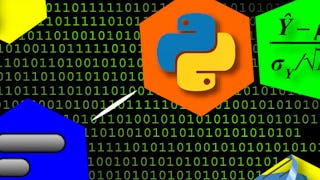 Status: Free Trial
Status: Free TrialJohns Hopkins University
Skills you'll gain: Bioinformatics, Unix Commands, Biostatistics, Exploratory Data Analysis, Statistical Analysis, Unix, Data Science, Data Management, Statistical Methods, Molecular Biology, Command-Line Interface, Statistical Hypothesis Testing, Linux Commands, Data Analysis Software, Statistical Modeling, Data Structures, R Programming, Computational Thinking, Jupyter, Python Programming
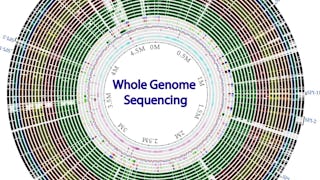 Status: Preview
Status: PreviewTechnical University of Denmark (DTU)
Skills you'll gain: Bioinformatics, Molecular Biology, Microbiology, Infectious Diseases, Medical Science and Research, Data Analysis Software, Database Development, Data Pipelines, Data Processing
 Status: Free Trial
Status: Free TrialUniversity of California San Diego
Skills you'll gain: Bioinformatics, Molecular Biology, Pharmacology, Infectious Diseases, Biotechnology, Computational Thinking, Algorithms, Python Programming
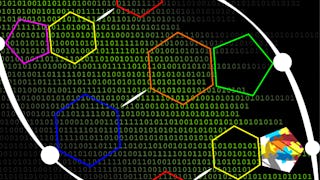 Status: Free Trial
Status: Free TrialJohns Hopkins University
Skills you'll gain: Bioinformatics, Molecular Biology, Computational Thinking, Data Structures, Python Programming, Data Analysis, Algorithms, Life Sciences, Data Processing, Computer Science
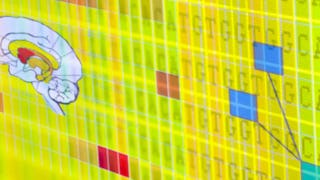 Status: Preview
Status: PreviewUniversity of Toronto
Skills you'll gain: Scientific Visualization, Data Visualization Software, Statistical Visualization, Interactive Data Visualization, Bioinformatics, Plot (Graphics), Ggplot2, R (Software), Dimensionality Reduction, Scatter Plots, R Programming, Network Analysis, Exploratory Data Analysis, Heat Maps, Molecular Biology, Design Thinking, Statistical Analysis
What brings you to Coursera today?
 Status: Free Trial
Status: Free TrialUniversity of California San Diego
Skills you'll gain: Bioinformatics, Molecular Biology, Dimensionality Reduction, Unsupervised Learning, Applied Machine Learning, Data Analysis, Markov Model, Network Analysis, Biochemistry, Biotechnology, Life Sciences, Infectious Diseases, Statistical Analysis, Biology, Pharmacology, Algorithms, Machine Learning, Data Analysis Software, Data Mapping, Python Programming
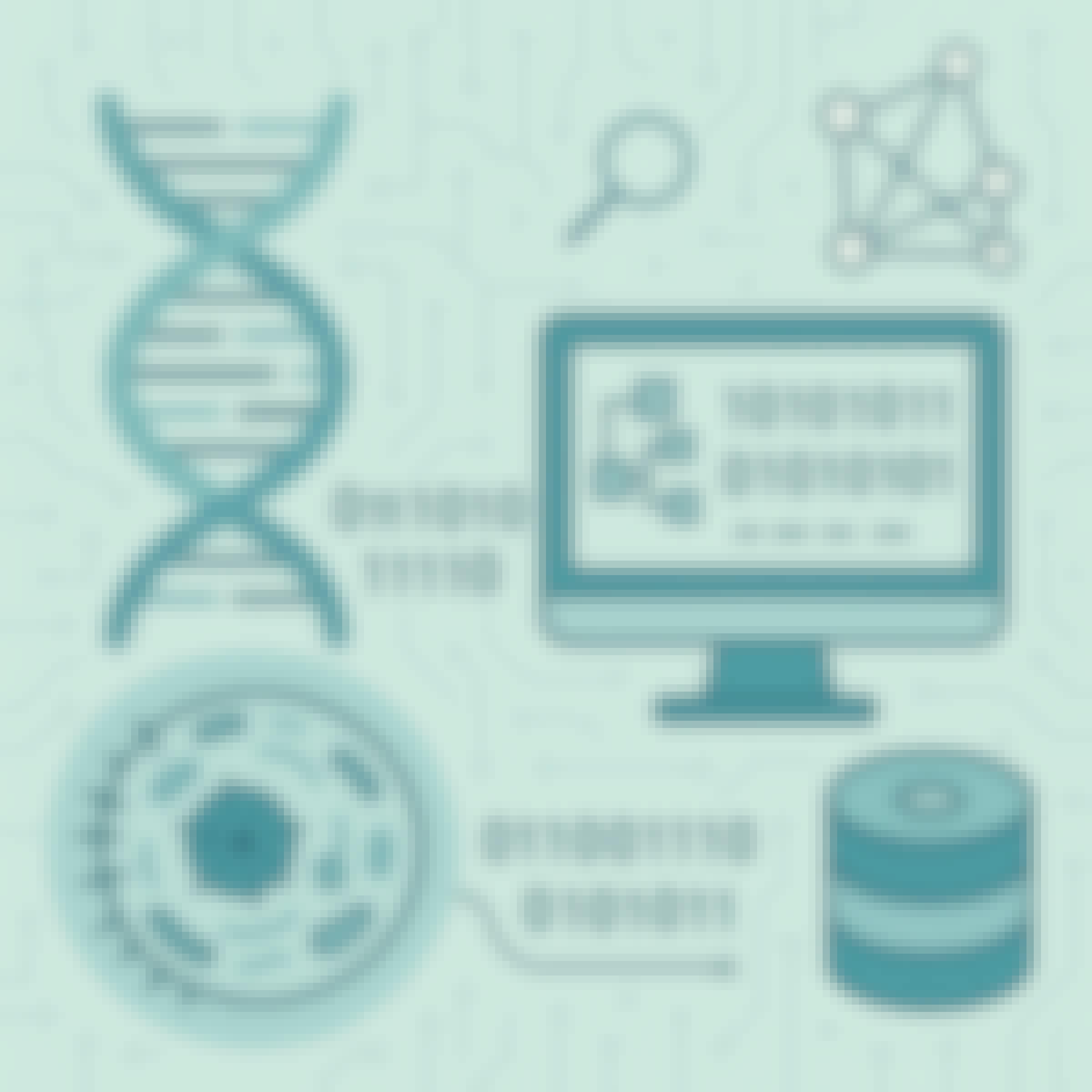 Status: NewStatus: Preview
Status: NewStatus: PreviewBirla Institute of Technology & Science, Pilani
Skills you'll gain: Bioinformatics, Biotechnology, Data Management, Biostatistics, Informatics, Clinical Data Management, Precision Medicine, Data Analysis, Data Mining, Applied Machine Learning, Unsupervised Learning, Cell Biology, R Programming, Scientific Visualization, Correlation Analysis, Chemical and Biomedical Engineering, Dimensionality Reduction, Computational Thinking, Markov Model, Algorithms
 Status: Preview
Status: PreviewJohns Hopkins University
Skills you'll gain: Bioinformatics, Molecular Biology, R Programming, Statistical Analysis, Command-Line Interface, Linux
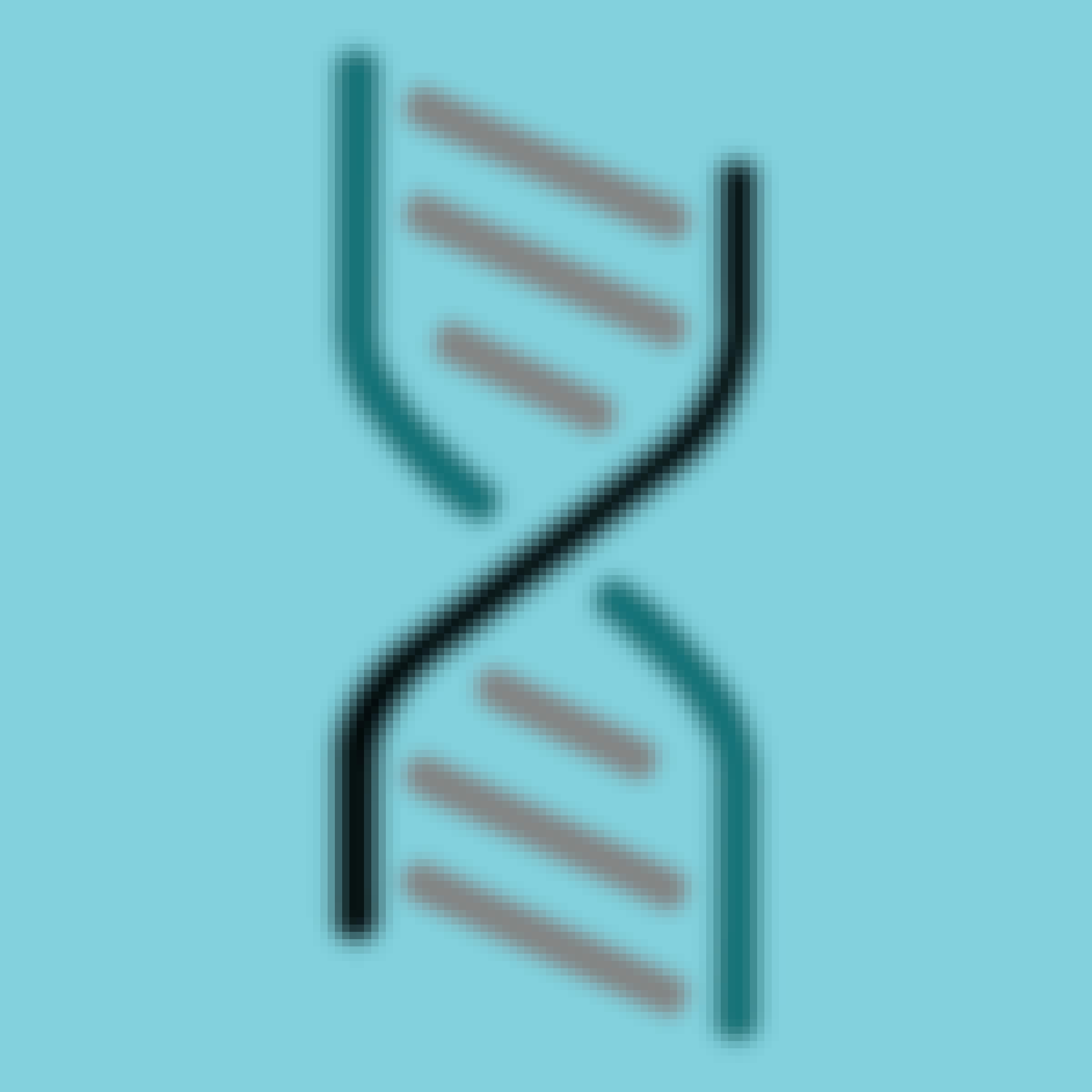 Status: Preview
Status: PreviewUniversity of Illinois Urbana-Champaign
Skills you'll gain: Life Sciences, Molecular Biology, Biotechnology, Precision Medicine, Biology, Physiology, Sustainable Development, Environmental Science, Cell Biology, Microbiology, Biomedical Engineering, Research
 Status: Preview
Status: PreviewUniversity of Geneva
Skills you'll gain: Precision Medicine, Biostatistics, Data Ethics, Healthcare Ethics, Pharmacology, Health Informatics, Bioinformatics, Clinical Research, Biomedical Technology, Primary Care, Clinical Research Ethics, General Medicine, Oncology, Pharmaceuticals, Health Policy, Molecular Biology, Diagnostic Tests, Patient Education And Counseling, Drug Development, Informed Consent
 Status: Preview
Status: PreviewThe State University of New York
Skills you'll gain: Bioinformatics, Big Data, Analytics, Data Mining, Health Informatics, Biomedical Technology, Data Processing, R Programming, Predictive Modeling, Statistical Analysis, Molecular Biology, Feature Engineering, Network Analysis, Unsupervised Learning
Next Generation Sequencing learners also search
In summary, here are 10 of our most popular next generation sequencing courses
- Introduction to Genomic Technologies: Johns Hopkins University
- Genomic Data Science: Johns Hopkins University
- Whole genome sequencing of bacterial genomes - tools and applications: Technical University of Denmark (DTU)
- Genome Sequencing (Bioinformatics II): University of California San Diego
- Algorithms for DNA Sequencing: Johns Hopkins University
- Data Visualization for Genome Biology: University of Toronto
- Bioinformatics: University of California San Diego
- Introduction to Bioinformatics: Birla Institute of Technology & Science, Pilani
- Bioinformatics Methods for Transcriptomics: Johns Hopkins University
- Genomics: Decoding the Universal Language of Life: University of Illinois Urbana-Champaign










